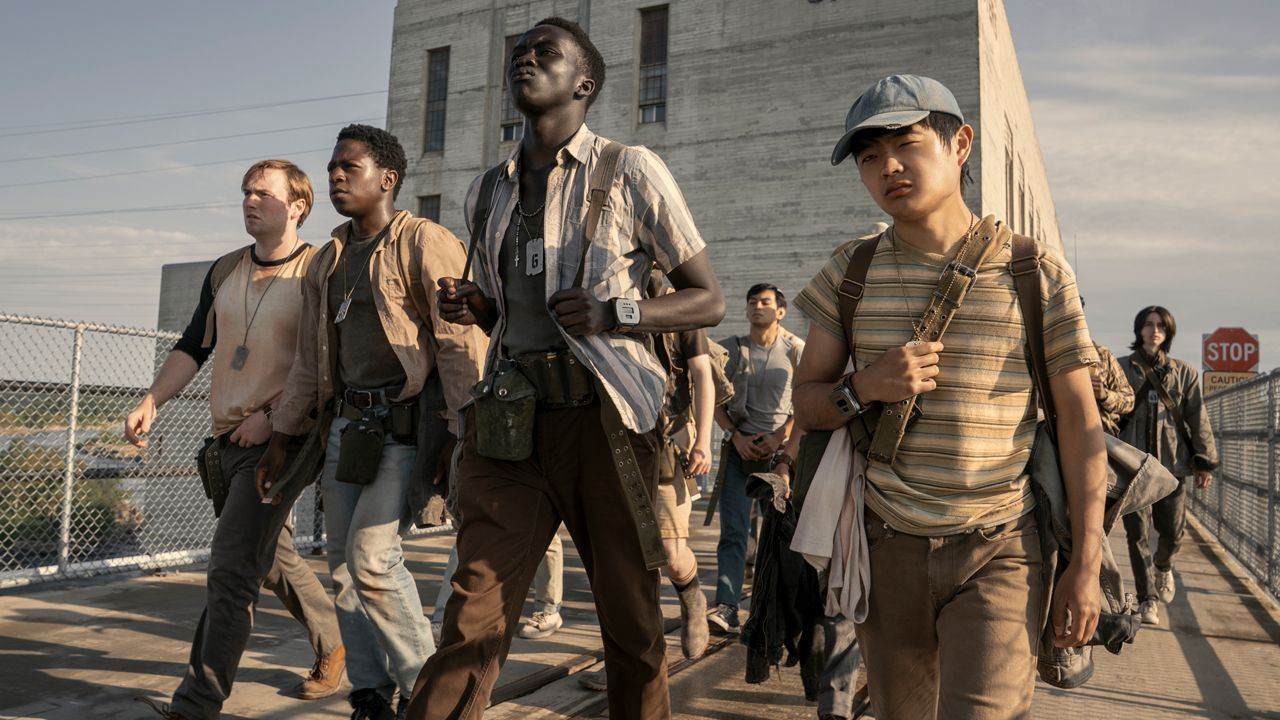The Long Walk's Ending: Stephen King's Book Gets Darker in the Movie

The Long Walk Movie Ending: A Deep Dive into the Adaptation
The Long Walk, a new film adaptation of Stephen King’s 1979 novel, has made its way to theaters in 2025. This is the fifth major Stephen King project released this year, including films like The Monkey and The Life of Chuck, as well as TV series and books. The film, directed by Francis Lawrence, is set to be one of the most anticipated releases of the year. However, it's not just the film itself that has sparked discussion—it’s the ending, which diverges from the source material in significant ways.
What Happens in the Film’s Ending
The conclusion of The Long Walk begins when the competition narrows down to two contestants, Ray Garraty and Peter McVries. After a long and brutal journey, both are left standing, with the crowd cheering for the winner. In a moment of emotional conflict, Peter decides to let Ray go on, but eventually, Ray is shot by the Major, who personally executes him. Peter is declared the winner, and as fireworks light up the sky, he is asked what his wish is. Instead of asking for something life-changing, Peter requests a carbine, which he then uses to shoot the Major. He walks away, continuing the race even after his victory.
This ending is stark and emotionally heavy, leaving audiences questioning the fate of the characters and the message behind the story. While some viewers initially found the ending jarring, many have come to appreciate its depth and complexity over time.
How the Film Differs from the Book
In the original novel, the ending is quite different. Peter is the first of the final three contestants to die, and Ray is ultimately declared the winner. However, the story doesn’t end there. Even after winning, Ray continues to walk, haunted by the belief that another competitor is still out there. This ending emphasizes the psychological toll of the Long Walk, showing how the trauma lingers long after the physical contest ends.
The film version adds a layer of complexity by focusing more on the “wish” aspect of the game. In the book, the wishes are mentioned but not as central to the narrative. In the movie, these desires become a key element, highlighting the characters’ motivations and their connection to the larger themes of the story.
Why the Ending Matters
The Long Walk was Stephen King’s first completed novel, written during the Vietnam War era. The story metaphorically reflects the senseless loss of young lives in war, portraying it as a cruel game. Although the context of the Vietnam War has changed, the film’s ending remains relevant today. It serves as a commentary on the systemic issues faced by young people, such as inadequate education, food insecurity, and gun violence.
The film’s bleak ending is necessary to drive home the message that the system is often to blame for the suffering of individuals. Peter’s decision to use the carbine instead of making a noble wish is a powerful symbol of how systems can break even the strongest individuals. His actions reflect the despair and hopelessness that can result from being trapped in a cycle of oppression.
Final Thoughts
While the initial reaction to the ending may be negative, the film’s conclusion is a crucial part of its storytelling. It challenges viewers to think about the broader implications of the story and the societal structures that contribute to the characters’ fates. As the film continues to play in theaters, it’s clear that The Long Walk will leave a lasting impact on audiences, prompting discussions about the nature of power, control, and the human spirit.
Post a Comment